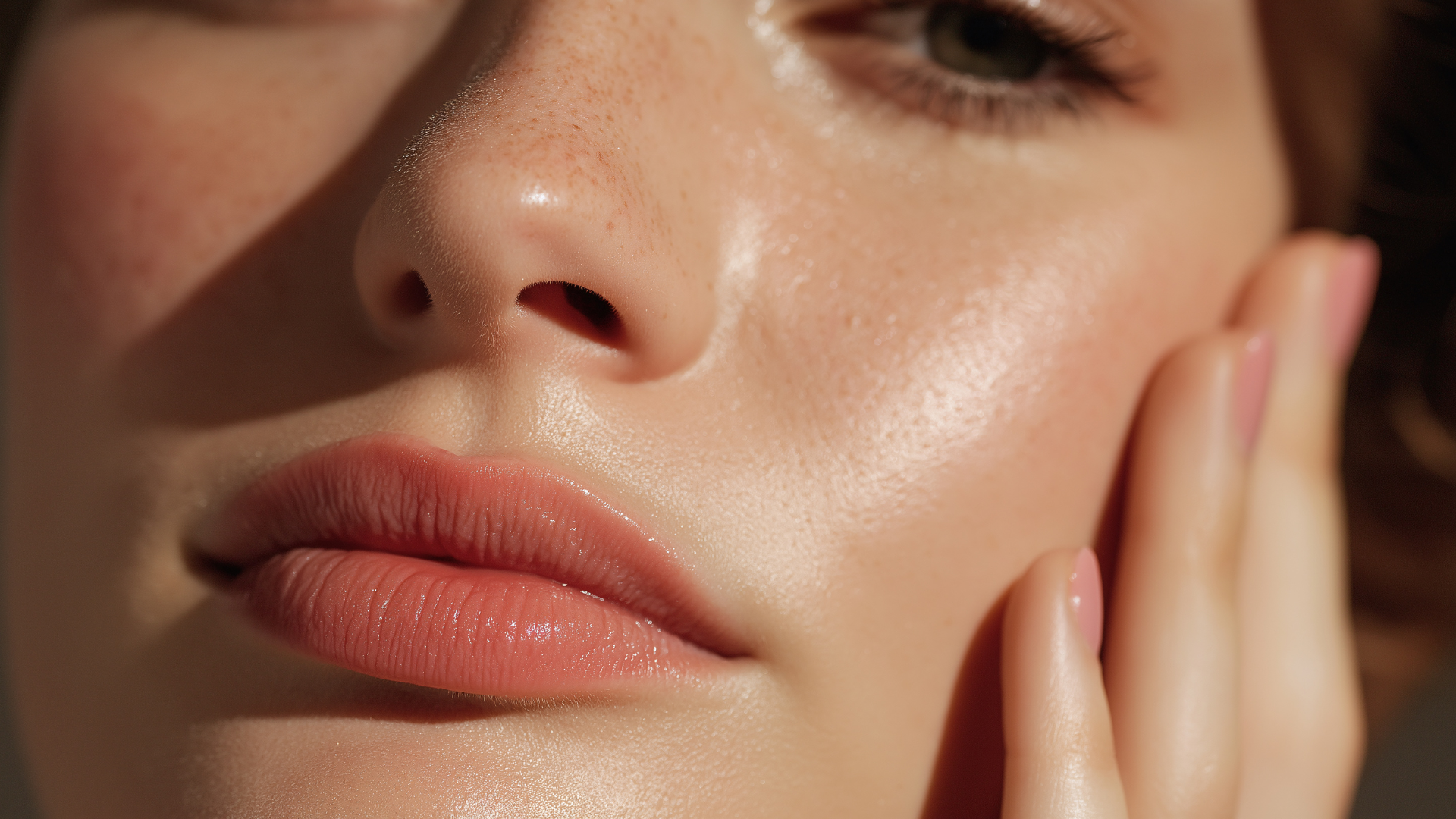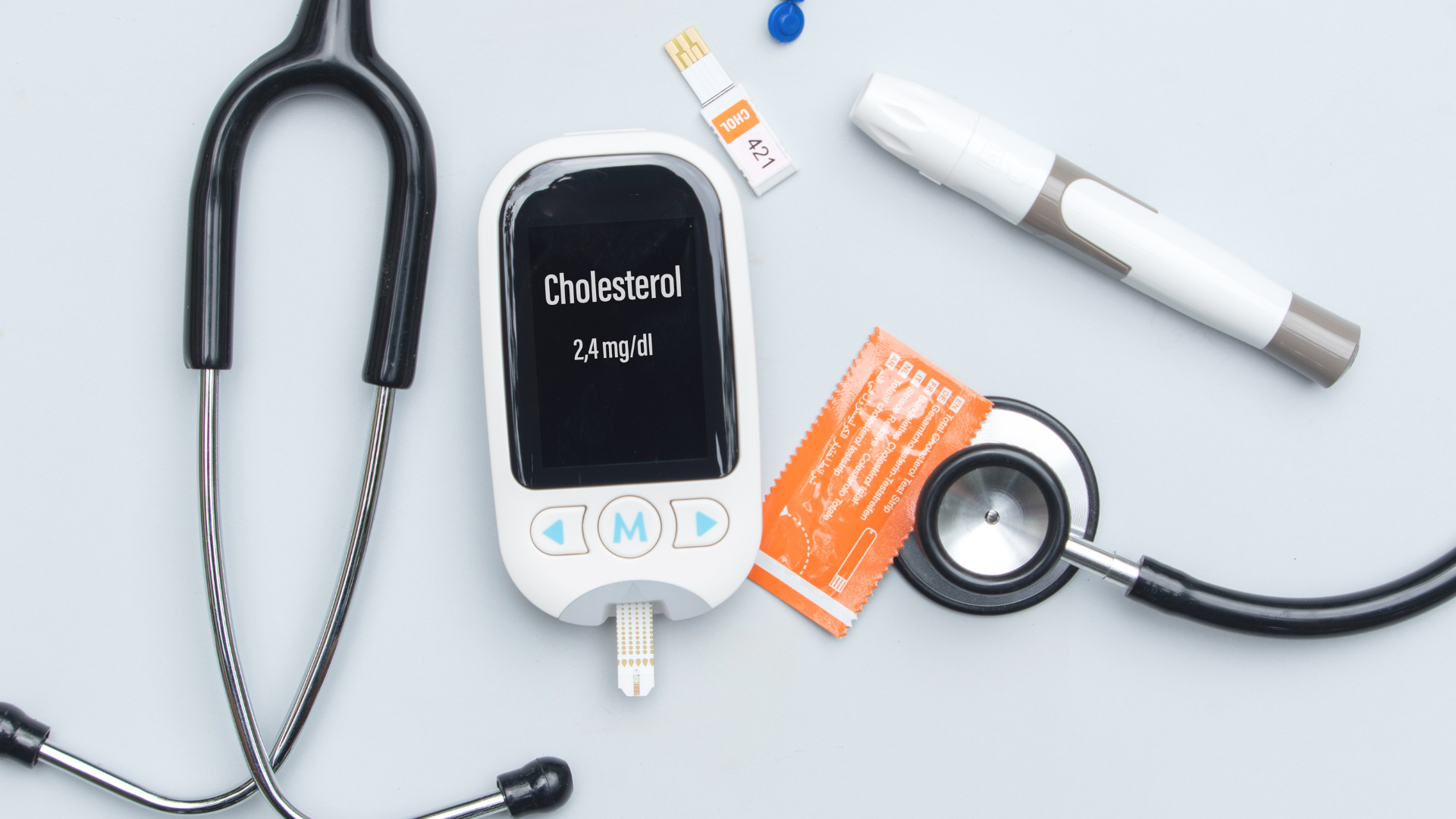In the pursuit of radiant, youthful skin, collagen has become a buzzword in skincare and wellness circles. This vital protein plays a critical role in maintaining the structure, elasticity, and hydration of the skin. But as we age, our natural collagen production declines, leading to wrinkles, sagging, and dryness. Understanding the collagen connection — both internal and external sources — can empower you to make informed decisions for healthier, more resilient skin.
What is Collagen?
Collagen is the most abundant protein in the human body, accounting for about 30% of total protein content. It is a key component of connective tissues, including skin, bones, tendons, and ligaments. In the skin, collagen provides strength and elasticity, acting like the scaffolding that holds everything in place.
There are at least 28 different types of collagen, but the majority of the skin’s collagen is made up of Type I, II, and III. As we age, collagen production naturally declines — a process that begins as early as our mid-20s. Environmental factors like UV exposure, pollution, and lifestyle habits such as smoking and poor diet can accelerate this degradation.
Internal Sources of Collagen: Nourishing from Within
Boosting collagen internally focuses on stimulating the body’s own production through diet, supplements, and lifestyle choices.
1. Collagen-Rich Foods
Bone broth is one of the most collagen-rich foods available. Made by simmering animal bones and connective tissue, it releases collagen in a form that is easily absorbed by the body. Other collagen-supportive foods include:
- Egg whites: High in proline, an amino acid essential for collagen synthesis.
- Chicken skin and cartilage: Rich in connective tissues that can promote collagen production.
- Fish (especially skin): Contains marine collagen, which is known for its high bioavailability.
2. Vitamin C and Other Nutrients
Collagen synthesis requires several key nutrients, including:
- Vitamin C: Essential for the hydroxylation of collagen molecules. Found in citrus fruits, strawberries, bell peppers, and broccoli.
- Zinc: Plays a role in collagen production and repair. Good sources include beef, shellfish, legumes, and seeds.
- Copper: Supports the cross-linking of collagen fibers. Found in nuts, seeds, and organ meats.
3. Collagen Supplements
Hydrolyzed collagen (also known as collagen peptides) is a popular supplement form because it is broken down into smaller, more easily absorbed pieces. Studies suggest that regular intake of collagen supplements can:
- Improve skin elasticity
- Reduce the depth of wrinkles
- Increase skin hydration
When choosing a supplement, look for products that are third-party tested and contain Types I and III collagen for skin benefits.
4. Lifestyle Choices
- Stay Hydrated: Water helps maintain skin elasticity and function.
- Sleep Well: During deep sleep, the body repairs and regenerates tissues, including collagen.
- Reduce Sugar Intake: Excess sugar can lead to glycation, which damages collagen and elastin.
- Quit Smoking: Smoking reduces blood flow to the skin and impairs collagen and elastin production.
External Sources of Collagen: Skincare and Treatments
Topical products and dermatological treatments can also play a role in preserving and boosting collagen levels in the skin.
1. Topical Retinoids and Retinols
Vitamin A derivatives like retinoids and retinol are clinically proven to stimulate collagen production. They work by increasing cell turnover and enhancing the production of new collagen fibers.
2. Vitamin C Serums
Topical vitamin C is a powerful antioxidant that helps protect the skin from free radical damage while boosting collagen synthesis. Look for serums with L-ascorbic acid, the most effective form of vitamin C for the skin.
3. Peptides in Skincare
Peptides are short chains of amino acids that can penetrate the skin and signal it to produce more collagen. Products with peptides like Matrixyl or copper peptides can improve skin firmness and texture over time.
4. Hyaluronic Acid
While not a direct source of collagen, hyaluronic acid helps maintain moisture levels in the skin, which supports a plump, youthful appearance and enhances the skin’s ability to produce collagen.
5. Dermatological Treatments
Professional treatments can stimulate collagen production by triggering the body’s natural healing process:
- Microneedling: Tiny needles create micro-injuries that stimulate collagen and elastin production.
- Laser Therapy: Promotes collagen regeneration through controlled heat and light.
- Radiofrequency: Uses energy to heat the dermis, encouraging collagen remodeling.
- Chemical Peels: Remove the top layer of skin to reveal newer, collagen-rich skin beneath.
Integrating Internal and External Strategies
The best approach to collagen support combines both internal and external strategies. For example, using a collagen-boosting serum while taking hydrolyzed collagen supplements can yield better results than either method alone. Here’s a simple plan:
- Morning: Apply vitamin C serum, follow with moisturizer and sunscreen.
- Evening: Use a retinol cream and peptide serum.
- Daily: Take a collagen supplement, eat a nutrient-rich diet, stay hydrated, and avoid smoking.
- Monthly or Quarterly: Consider professional treatments like microneedling or laser therapy for a more intensive collagen boost.
Debunking Common Collagen Myths
Myth 1: Collagen creams can replace lost collagen. Topical collagen molecules are too large to penetrate the skin. Instead, look for products that stimulate collagen production.
Myth 2: All collagen supplements are the same. Different sources (bovine, marine, chicken) and types (I, II, III) have varied effects. For skin, Types I and III are best.
Myth 3: You don’t need collagen until you see signs of aging. Preventative care in your 20s and 30s can help maintain collagen levels and delay visible signs of aging.
Final Thoughts
Collagen is undeniably a cornerstone of healthy, vibrant skin. By understanding the internal and external sources of collagen and integrating them into your skincare and wellness routine, you can take proactive steps toward preserving your skin’s youthful structure and glow. Whether through a nutrient-rich diet, effective supplements, or targeted skincare treatments, the collagen connection offers a comprehensive path to better skin.
Remember, consistency is key. Collagen regeneration is a gradual process, and the best results come from long-term dedication to both inner nourishment and external care. Start today, and your future skin will thank you.





